Is Jasmine Toxic To Cats?
Do you live with a cat? If so, you would want to know whether or not jasmine is toxic to cats. Because jasmine is a popular ornamental plant, any gardener might be interested in learning whether it harms cats.
Sickness, vomiting, and loose stools are plant consumption’s most commonly reported side effects. Like humans, cats may also experience an unfavorably susceptible response following ingestion of a plant substance.
To find yellow jasmine, you must keep an eye out for it, also known as Carolina jasmine. Those who consume them, as well as their pets, are at risk. Yes, they are excellent, but they are not worth the price they charge.
Table of Contents
Is Jasmine Poisonous to Your Feline?
It depends on which varieties refer to, whether you are referring to true jasmine or one of the plants in other genera commonly referred to as jasmine. The poison of jasmine is entirely dependent on which plant you are talking about.
According to the ASPCA, True jasmine is not toxic to cats and should not be avoided. Several species of Jasminum are listed as non-toxic for cats, dogs, and horses on the organization’s website for animal poison control. The ASPCA warns that even a non-toxic plant that isn’t a regular part of its diet can cause gastrointestinal upset in pets if they consume it.
In short, they are entirely safe for your cat to come into contact with but not for your cat to consume.
As a result, you should plant them away from your cats’ territory or provide them with protection. This way, you can have lovely greenery for your home without causing any discomfort to your cats.
Jasmine Varieties Toxicity
Star Jasmine
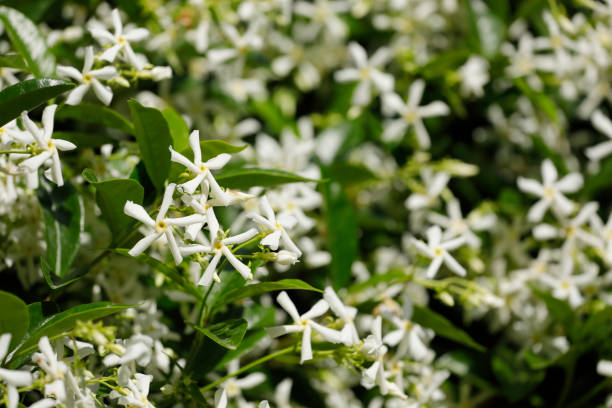
It’s a native of China, according to Mississippi State University Extension, and is a spring-blooming ornamental with tiny jasmine-like flowers. It is also known as confederate jasmine, and it can cover a trellis or fence in a matter of weeks if allowed to grow. Star jasmine has also been given the green light by the American Society for the Prevention of Cruelty to Animals, classifying it as non-toxic to cats. It is also non-poisonous to animals such as dogs and horses.
False Jasmine
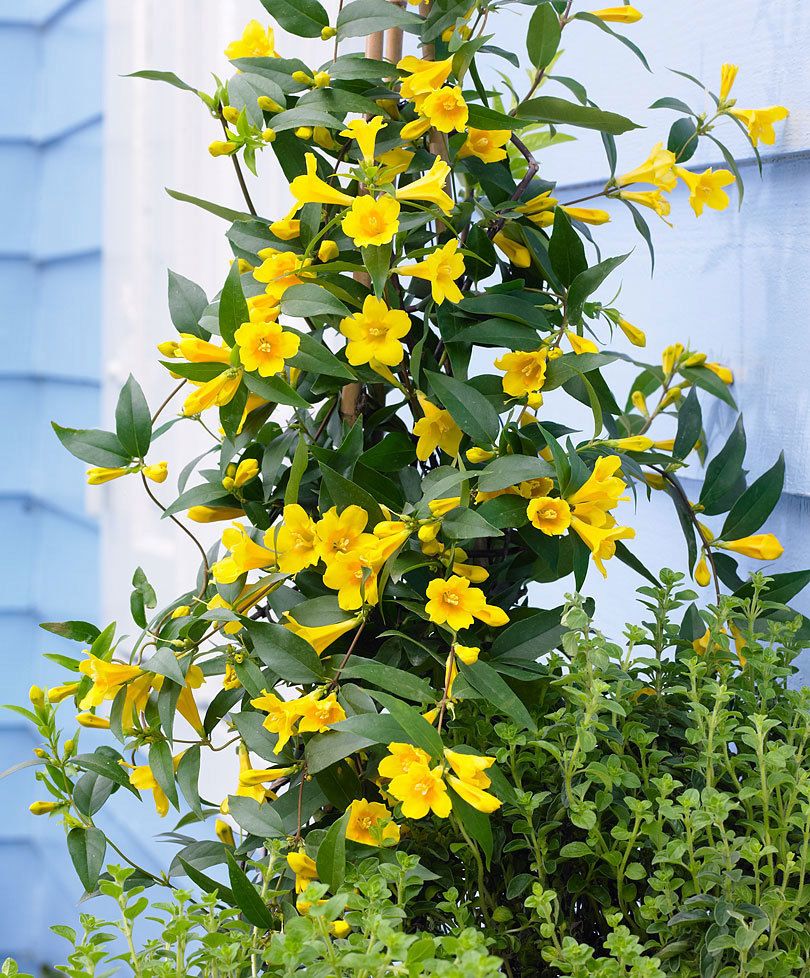
According to the Missouri Botanical Garden, the Carolina jessamine is “false jasmine.” It is an evergreen vine with fragrant yellow funnel-shaped flowers that thrives in USDA zones 7–10. It is native to the United States. This plant grows wild from Virginia to Florida, and even into Central America, mostly in open woodlands, thickets, and highways.
Pet Poison Helpline says jessamine is also known by the names “yellow jessamine,” “evening trumpet,” and “woodbine,” among other names and variations. Many people, however, refer to it as “jasmine,” which is appropriate given the species’ name. For example, if your jasmine turns out to be jessamine, keep an eye out for your pets. This plant and its parts contain neurotoxins such as alkaloids, gelsemine, and sempervirine, which are extremely dangerous.
It could have severe consequences if your cat or dog consumes a jessamine flower, stem, leaf, or root. They may experience muscle weakness and paralysis, decreased respiratory rate, and hypothermia by ingesting jessamine. You may also notice your pets having problems with swallowing and breathing, vision problems, seizures, and even death.
Arabian Jasmine
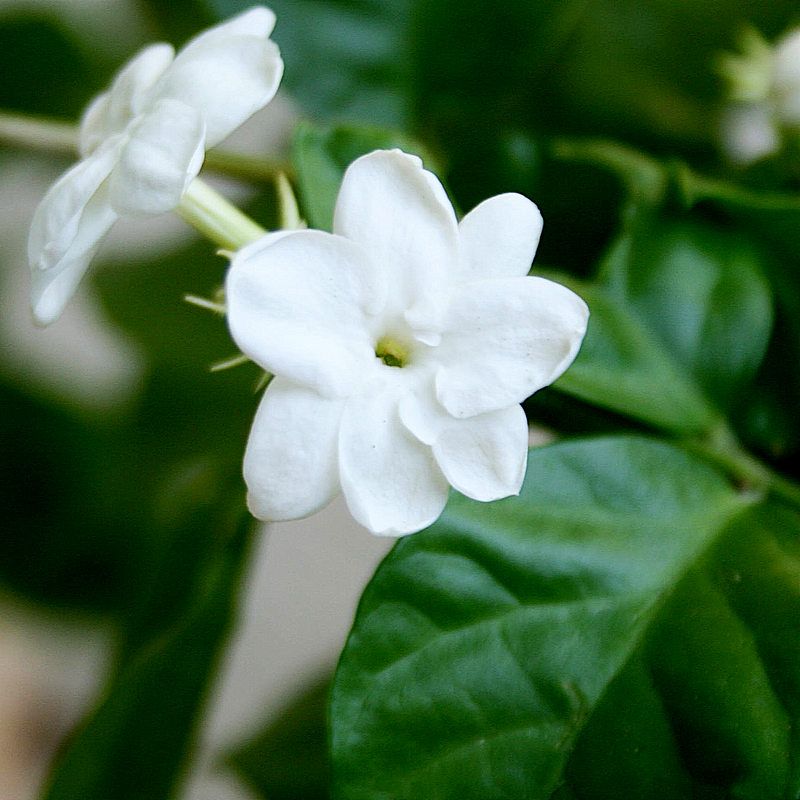
A small bush or vine can grow up to 3 m (1.6 to 9.8 ft) in height, equivalent to 0.5 to 1.6 to 9.8 ft for your American readers. This plant is commonly cultivated because of its enticing and sweetly fragrant blooms. The blossoms can be used as a fragrant ingredient in perfumes and teas, such as jasmine tea.
Pink Jasmine Vine
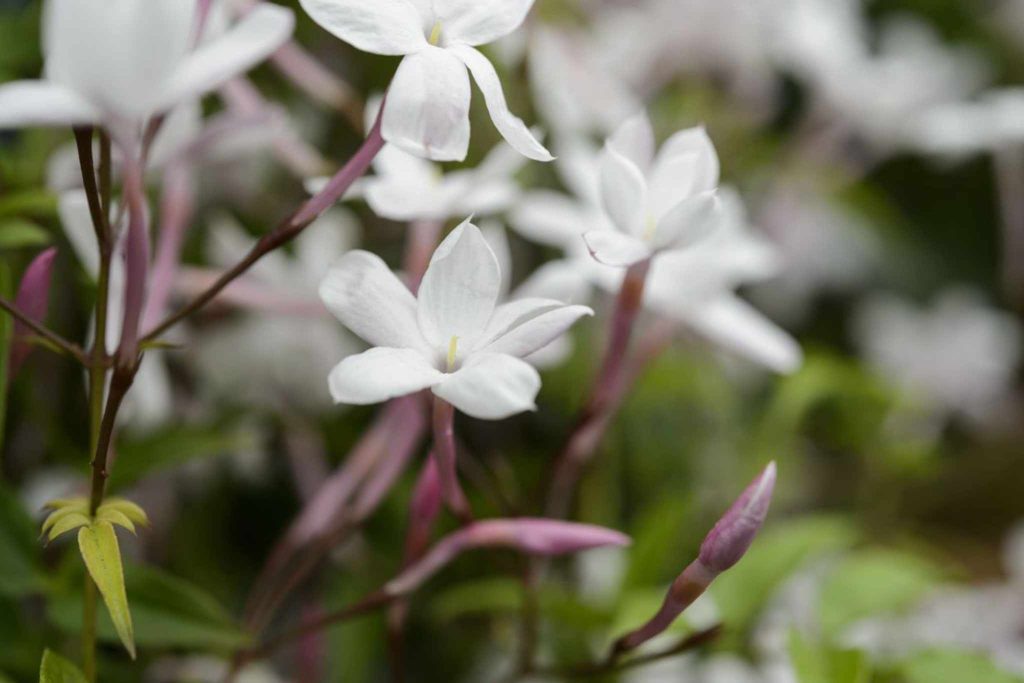
You can place this pink beauty anywhere in your home without fearing destruction. Cats love them because they are fun to play with, and they can’t hurt them.
The Jasminum polyanthum is a spectacular houseplant in the United States and Europe. Likewise, they can develop in the nursery with favorable environmental conditions. USDA toughness zones 8–11 are located in the United States. It grows quickly and effectively, and it blooms pleasantly. Outside, it is commonly used to create dividers and walls, among other things.
Brazilian Jasmine
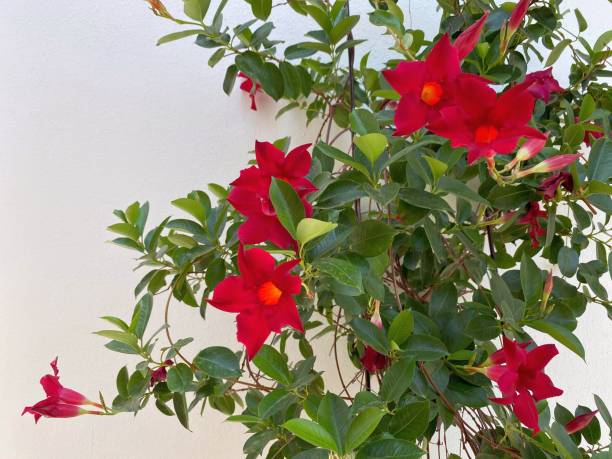
It’s not toxic to dogs or cats. Still, if consumed in large quantities, it may cause mild gastrointestinal indigestion, which is particularly problematic in cats with sensitive stomachs.
Carolina Jasmine
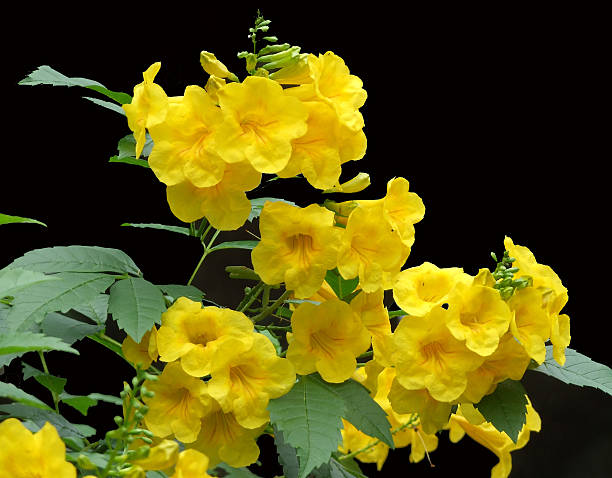
The Carolina Jasmine, according to Kokemuller, can cause serious harm to your beloved animal, such as respiratory issues in dogs and cats, seizures in cats, and passing in felines. As a result, do not plant this variety because, as previously stated, there are numerous alternatives. For example, it contains alkaloids such as gelsemine and sempervirine neurotoxins alkaloids. It can cause muscle weakness, convulsions, paralysis, hypothermia, difficulty swallowing or breathing, seizures, vision problems, respiratory failure, and death in some cases.
All parts of the plant have the potential to contain poisonous alkaloids. It has been reported that eating just one blossom can be fatal to children and pets. Additionally, the plant can cause skin sensitivities in some people. It is possible that the poisons in the plant can be retained through the skin, particularly if there are cuts.
Crape Jasmine
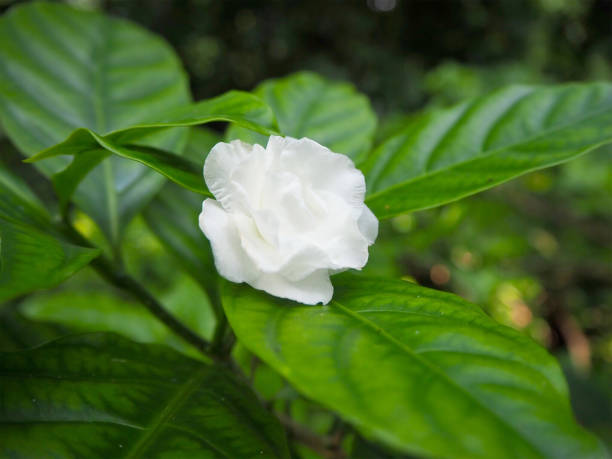
( Tabernaemontana divaricata )
It is toxic to cats because it contains indole alkaloids, which can cause delirium, paralysis, and cardiotoxicity in the animal (damage to heart muscles).
Chilean Jasmine
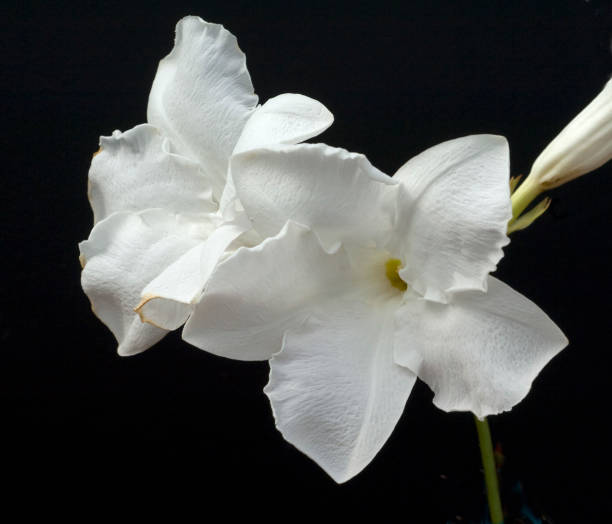
Although not toxic to cats or dogs, if consumed in large quantities, it may cause mild gastrointestinal indigestion, especially in cats with a sensitive stomachs, according to the ASPCA.
Night-Blooming Jessamine
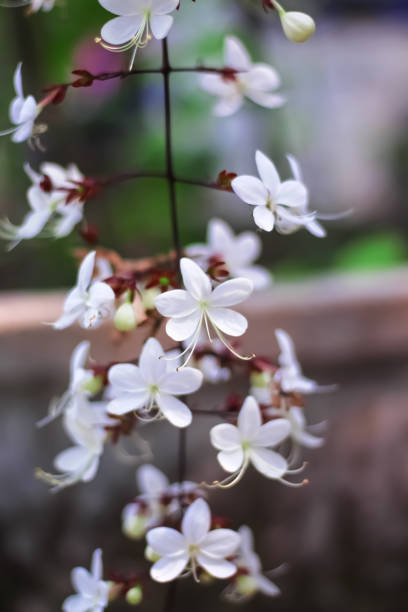
The plant’s flowers, leaves, and berries are poisonous to humans. Due to the presence of solanine, other mammals like dogs, cats, and horses cause diarrhea, vomiting, weakness, lethargy, and confusion in the affected individuals.
Concluding Thoughts
There are many different types of jasmine to discuss, but we’ve covered all the major ones here. For example, your furry balls of happiness can feel secure in their company. In addition, it is an attractive bonus for greening up your home in general.
Despite its beauty, Carolina jasmine is extremely dangerous. Keep it out of reach of your beloved children and pets to eliminate the possibility of them being eaten.
If your pet has severe or long-lasting symptoms, consult a veterinarian immediately. Consider the case of the plant that was referred to the veterinarian’s office along with your pet. This way, the veterinarian will identify the plant and treat your pet appropriately.
